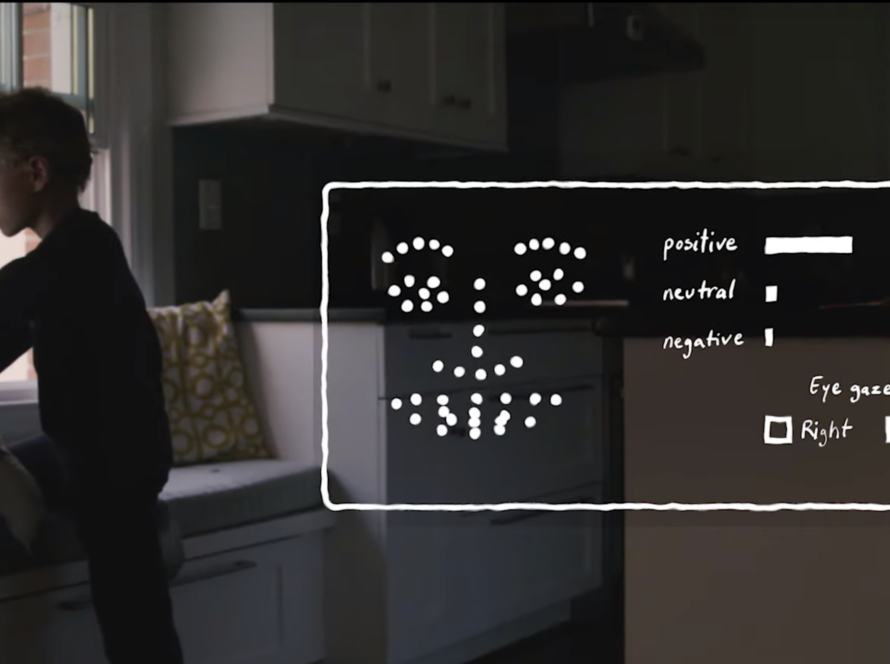Autism Spectrum Disorder (ASD) is a neurobiological disorder of development that already manifests itself during the first three years of life and that will last throughout the life cycle.
The fundamental symptoms of autism are two:
• Persistent deficiencies in communication and social interaction.
• Restrictive and repetitive patterns of behavior, interests or activities.
The indications that may be indicative of ASD in children are:
• In kindergarten and school, there is a lack of interest in other children.
• They do not share interests (they do not usually point their finger at what catches their attention to share it with others).
• Absence of symbolic play (feeding dolls, making kitchens, playing cars as if they were real, etc.).
• Little eye contact is established and they do not observe the expression of the interlocutor’s face when together they are seeing something unusual. They do not usually make the social smile.
• Their language, if it exists, is literal (they do not understand jokes, jokes, double meanings or metaphors).
• Avoid physical contact or rather like little. They usually have tactile, olfactory, gustatory and auditory hypersensitivity. There is often little sensitivity to pain.
• They react little to the voice of their parents, which can lead to suspicion of a hearing deficit.
• They present unusual interests. In addition, they are repetitive and not shared.
• Can show strange, repetitive and self-stimulating behaviors such as swinging, fluttering or walking on tiptoe, among others.
• Those who present more intellectual level, notice that they are different and do not understand what happens to them. They are the piece of the puzzle that does not know how to fit or fit into the social board.


